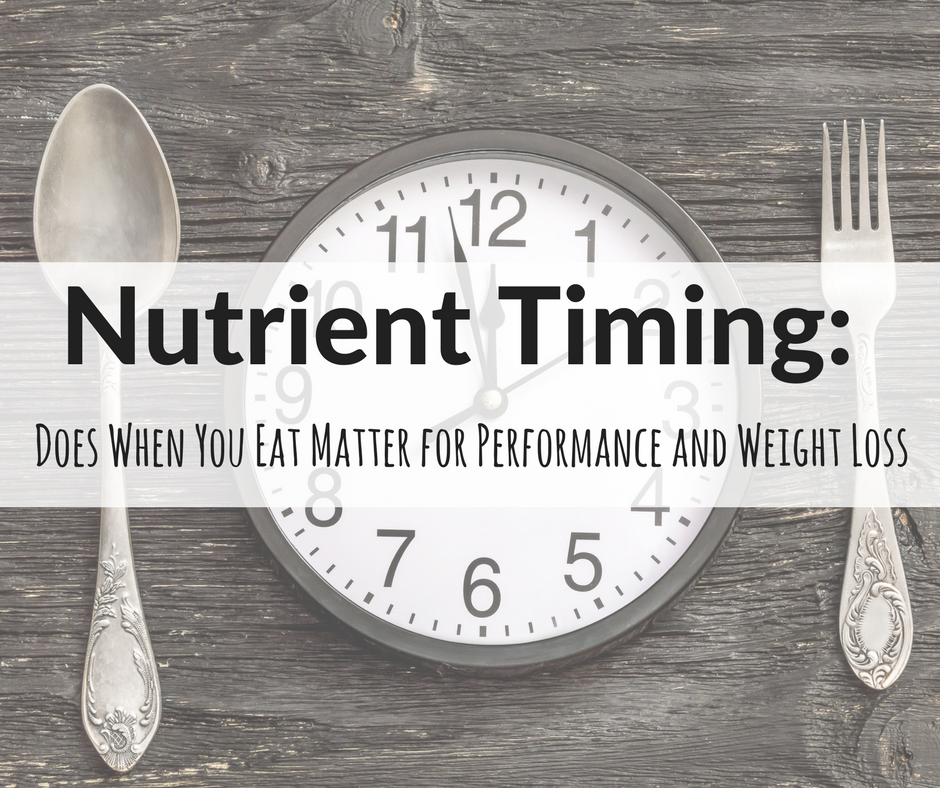
Nutrition Timing Debunked: The Myths and the Science
In the world of fitness and nutrition, few topics spark as much debate as nutrition timing. For years, athletes and fitness enthusiasts have adhered to the belief that consuming specific nutrients at precise times can significantly enhance performance and body composition. But is this really the case? In this post, we'll break down the myths surrounding nutrition timing and explore what the science actually says.
What is Nutrition Timing?
Nutrition timing refers to the strategic planning of when to consume food and nutrients in relation to exercise. Proponents of this approach argue that by timing your meals and snacks correctly, you can optimize muscle recovery, enhance performance, and improve body composition.
Key aspects often emphasized include:
- **Pre-Workout Nutrition:** Consuming carbohydrates and protein before exercise.
- **Post-Workout Nutrition:** Eating protein and carbohydrates immediately after workouts.
- **Meal Frequency:** Eating multiple small meals throughout the day to keep metabolism high.
The Myths of Nutrition Timing
Myth 1: You Must Eat Immediately After Working Out
One of the most persistent myths is the "anabolic window," suggesting that you have a limited time (usually about 30 minutes) to consume protein and carbohydrates post-exercise for optimal recovery. While it’s true that post-workout nutrition can aid recovery, recent research indicates that the anabolic window may be much longer than previously thought—up to several hours.
Myth 2: Carb Loading is Essential for Everyone
Carb loading has been touted as crucial for endurance athletes, but many fitness enthusiasts believe they need to follow this practice regardless of their activity level. In reality, carb loading is only beneficial for prolonged, high-intensity endurance events. For the average gym-goer or recreational athlete, a balanced diet throughout the day is usually sufficient.
Myth 3: Frequent Small Meals Boost Metabolism
The idea that eating small, frequent meals can boost metabolism is another widespread myth. Research shows that total calorie intake and macronutrient balance are far more critical than meal frequency. Whether you eat three meals a day or six, what matters most is the overall quality and quantity of your food.
The Science of Nutrition
Total Daily Intake Matters Most
When it comes to body composition and performance, the total amount of calories and macronutrients consumed over the day is far more important than the timing of individual meals. Focusing on nutrient-dense foods and maintaining a balanced diet will yield better results than stressing over meal timing.
Individual Variability
Everyone’s body responds differently to nutrition. Factors such as age, gender, activity level, and overall health can influence how your body processes food. Therefore, it’s essential to personalize your nutrition strategy rather than blindly following trends.
Practical Advice
Instead of getting caught up in the complexities of nutrition timing, consider these practical guidelines:
1. **Focus on Whole Foods:** Prioritize nutrient-dense, whole foods that provide the vitamins and minerals your body needs.
2. **Listen to Your Body:** Pay attention to hunger cues and eat when you feel you need nourishment.
3. **Stay Hydrated:** Proper hydration is crucial for performance and recovery.
4. **Plan Your Meals:** Aim for balanced meals that include protein, healthy fats, and carbohydrates throughout the day.
5. **Be Consistent:** Consistency in your overall nutrition will yield better results than sporadic timing of meals.
Conclusion
While nutrition timing has its place in specific scenarios—like competitive sports—it’s essential to recognize that the bigger picture is what truly matters. Focus on your overall daily intake, prioritize whole foods, and listen to your body’s needs. By debunking the myths surrounding nutrition timing, you can simplify your approach to eating and enhance your overall fitness journey.
Remember, the best nutrition plan is one that fits your lifestyle, keeps you energized, and supports your goals.



